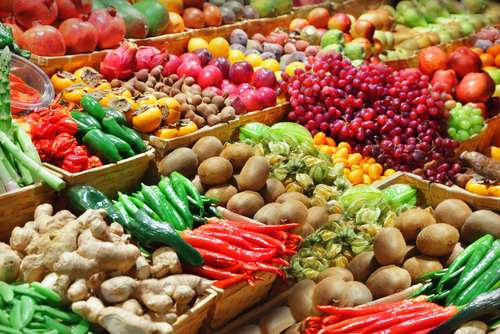Organization says high hydro prices result in increased production costs
By Diego Flammini
Assistant Editor, North American Content
Farms.com
The Ontario Fruit and Vegetable Processors Association (OFVPA) says if immediate action isn’t taken to address current issues, the industry could be in some serious trouble.
According to OFVPA executive director Don Epp, (The Ontario Processing Vegetable Growers) is demanding exclusive monopoly prices for their products and Donald Trump’s administration continues to discuss changes to NAFTA and imposing a Value Added Tax to many imports.
Those issues, paired with Ontario’s high hydro rates and increased production costs, means fruit and vegetable producers could be in for a tough 2017.

“The perfect storm is shaping up that can have devastating affects to our industry," Epp said in a release.
OFVPA said it’s been trying to work out details on free and open negotiations between processors and growers. Without those negotiations, processors could look elsewhere for crops.
“Already 70,000 tons of tomatoes have been cancelled and a further 30,000 tons may not get picked up if the current system is in place,” said the release. “This 100,000 tons represents approximately $25 million in economic activity that will be lost in southwestern Ontario.”
OFVPA said it reached out to Ontario Minister of Agriculture Jeff Leal for support they would like to see sooner rather than later.
"Orders for seed and crop allocation need to be made before the end of the year,” Karl Evans, OFVPA president, said in the release. “If we cannot get commitments from the growers to move towards a more transparent market pricing system we will have to cancel investments in Ontario and divert these investments towards regions where true open partnerships exist."
In an email to Farms.com, Ontario's Ministry of Agriculture said it continues to work with marketing boards across the province.
"Ontario’s agri-food sector is strong when the entire value chain shares the responsibility to address current concerns of the industry that will work for everyone involved – including farmers, food processors and consumers," the ministry said in its email.
"(Minister Leal) has directed the (Ontario Farm Products Marketing Commission) to develop a plan for engagement and consultation with stakeholders concerning any proposed amendments to the regulatory framework for the vegetables for processing industry."